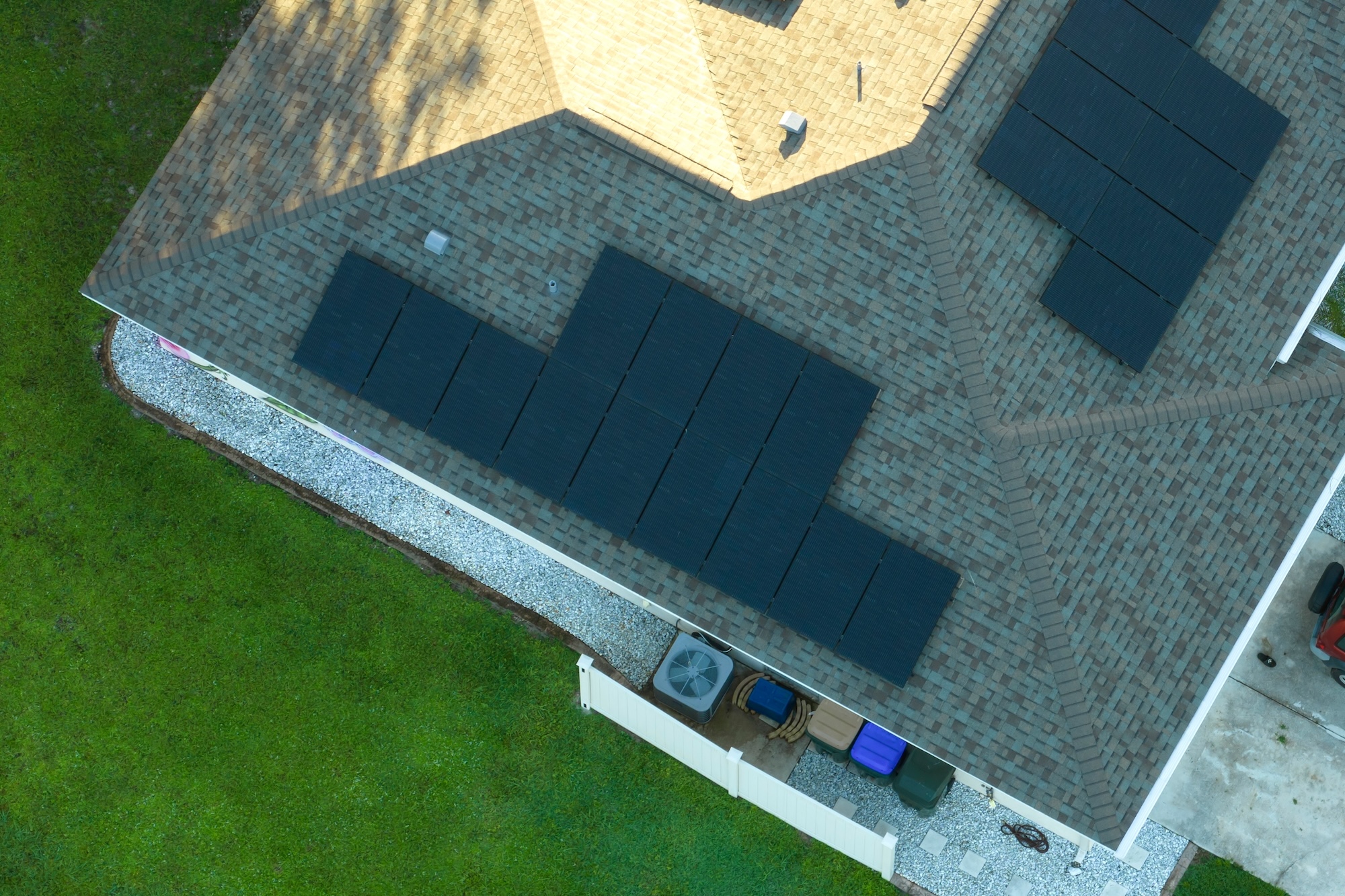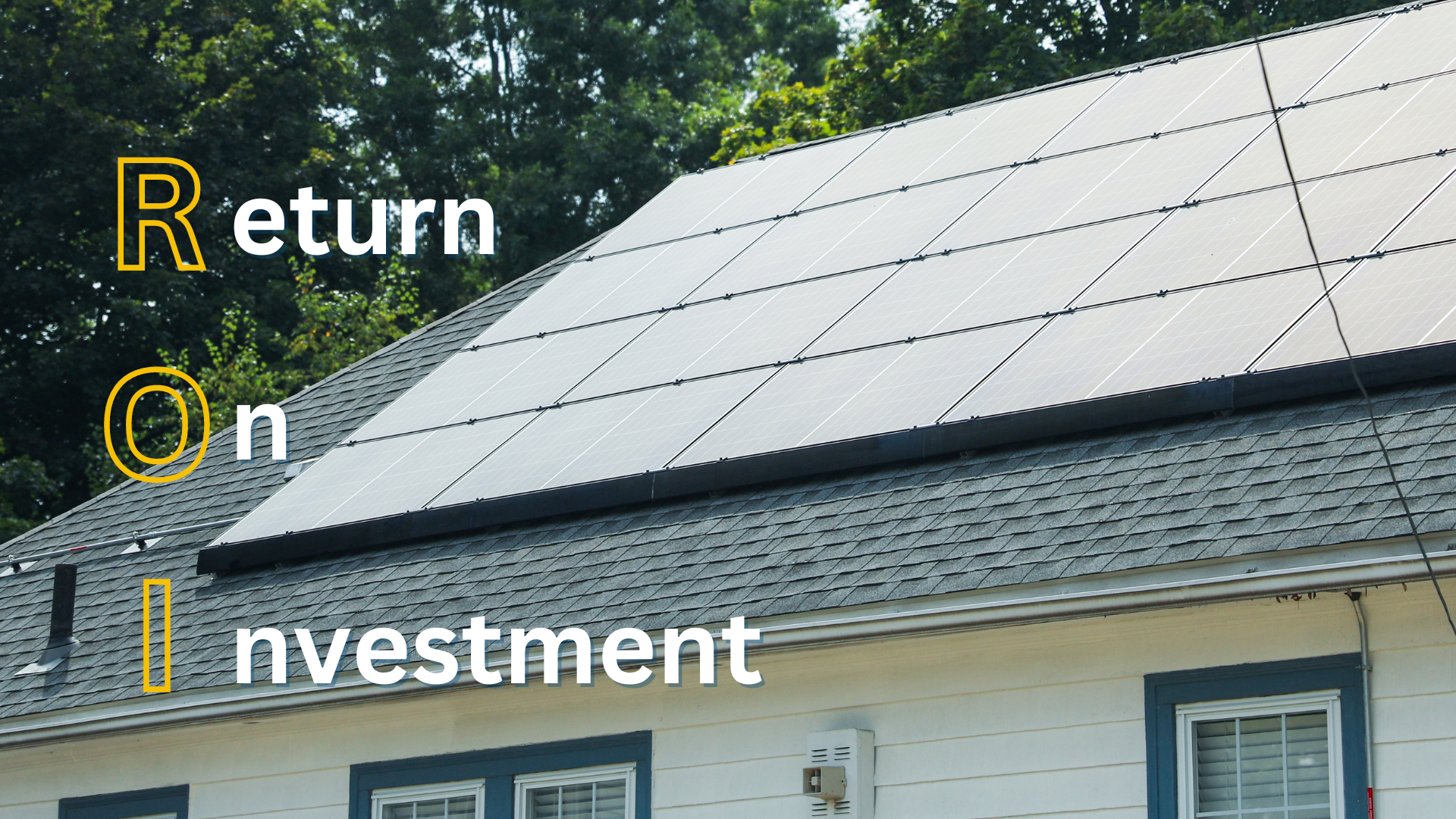
How Many Solar Panels Do You Need?
How Many Solar Panels Do You Need? With

Solar panels are a great investment because they pay for themselves. The money they save you on your electric bills will add up to not only cover the cost of your installation but also earn you money once the system is paid off.
But how long does it take for that to happen?
In Colorado, the average payback period for residential solar is about 7-10 years. But payback periods and return on investment are different for everyone. Keep reading to learn more about solar payback periods and when you can expect to break even.
There are many factors to consider when calculating your solar payback period, including:
To estimate your solar payback period as accurately as possible, reach out to Solar Power Pros for your free, virtual consultation. With some basic information about your home and electricity usage, we can quickly estimate how long it will take you to pay off your solar panel installation. d how often you drive.
Solar panels have a long lifespan and typically last for 25-30 years or longer before they have to be replaced. Since they last for so long, you don’t have to break even immediately to see a good return on your investment in solar panels. A short payback period, in the 5-7 year range, is considered excellent, but slightly longer payback periods, in the 7-13 year range, are more common and still considered favorable. If your upfront costs are higher, you may have a longer payback period, but solar panels can still be a worthwhile investment in these situations. Ultimately, a “good” payback period for solar panels is subjective and depends on your individual financial goals, budget constraints, and clean energy priorities.
Electricity bill savings are the number one reason why homeowners install solar panels and it’s important to see a strong return on your investment. But the financial return isn’t the only benefit of solar panels.
Solar Power Pros is the leading local Colorado solar panel installer and we can help you maximize your return on investment with a custom solar energy system tailored to your needs. We are here to give you the facts about solar energy and what you can realistically expect to save so you can decide whether solar is worth it for your home on the Front Range. It all starts with a no-cost, no-pressure virtual consultation!

How Many Solar Panels Do You Need? With

How Long Does It Take for Solar Panels
Hours: 8:00am – 5:00pm